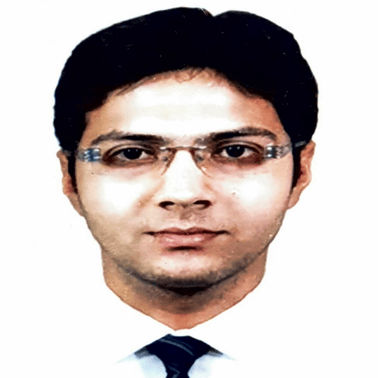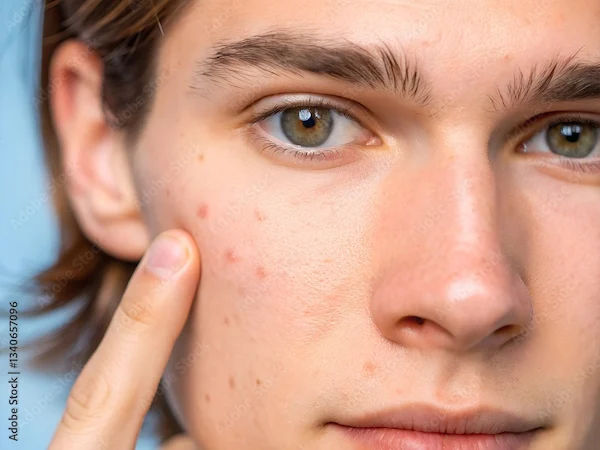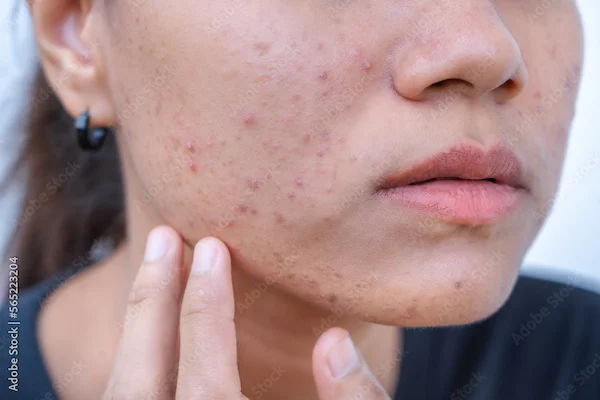How To Reduce Inflammation On Face?
Learn how to reduce inflammation on the face naturally using cold compresses, aloe vera, hydration, and diet. Discover causes, remedies, and when to see a doctor for professional help.

Written by
Last updated on 3rd Jul, 2025
Introduction
Facial inflammation can be uncomfortable and sometimes even painful. It may appear as redness, swelling, or puffiness and can be caused by various factors, including allergies, infections, acne, or skin conditions like eczema. While it can be distressing, there are simple and effective ways to reduce facial inflammation and restore your skin’s health.
Understanding Facial Inflammation
Inflammation is your body’s natural response to irritation, infection, or injury. When your face becomes inflamed, it may look red, feel warm, or appear swollen. Common causes include:
Acne or breakouts: Pimples can cause localized swelling.
Allergic reactions: Skincare products, foods, or environmental allergens can trigger inflammation.
Sunburn: Overexposure to UV rays can lead to redness and swelling.
Skin conditions: Eczema, rosacea, or dermatitis can cause chronic facial inflammation.
Infections: Bacterial or fungal infections may lead to swelling and discomfort.
How to Reduce Facial Inflammation?
Reducing facial inflammation naturally involves soothing skincare practices, anti-inflammatory foods, and lifestyle habits that calm the skin and support overall wellness.
1. Cold Compress
Applying a cold compress can help reduce swelling and soothe irritated skin. Wrap ice cubes in a clean cloth or use a chilled spoon and gently press it on the inflamed area for a few minutes.
2. Aloe Vera Gel
Aloe vera has natural anti-inflammatory properties. Apply fresh aloe vera gel or a store-bought (alcohol-free) version to calm redness and hydrate the skin.
3. Stay Hydrated
Dehydration can worsen inflammation. Drink plenty of water to keep your skin healthy and reduce puffiness.
Consult Top Dermatologists To Reduce Face Inflammation
4. Anti-Inflammatory Diet
Certain foods can help reduce inflammation from within. Include:
Omega-3 fatty acids (found in fish, flaxseeds, walnuts)
Turmeric (contains curcumin, a powerful anti-inflammatory compound)
Leafy greens (spinach, kale)
Berries (rich in antioxidants)
Avoid processed foods, excess sugar, and dairy if you notice they trigger flare-ups.
5. Gentle Skincare Routine
Use a mild, fragrance-free cleanser.
Avoid harsh scrubs or exfoliants that can irritate the skin.
Apply a soothing moisturizer with ingredients like ceramides or hyaluronic acid.
6. Over-the-Counter Treatments
Hydrocortisone cream (for short-term use on allergic reactions)
Antihistamines (if inflammation is due to allergies)
Non-comedogenic acne treatments (for breakouts)
7. Avoid Touching Your Face
Touching or picking at inflamed skin can worsen irritation and introduce bacteria.
8. Protect from Sun Exposure
Wear a broad-spectrum sunscreen (SPF 30 or higher) daily to prevent sunburn and further irritation.
When to See a Doctor
If facial inflammation persists, worsens, or is accompanied by severe pain, fever, or pus, consult a dermatologist. It could indicate an infection or an underlying skin condition that needs medical treatment.
Conclusion
Reducing facial inflammation involves a combination of gentle skincare, a healthy diet, and avoiding triggers. If home remedies don’t help, don’t hesitate to seek professional advice. Book a consultation with a dermatologist on Apollo 24|7 for personalized care and treatment options.
Consult Top Dermatologists
Consult Top Dermatologists To Reduce Face Inflammation

Dr. Madhab Datta
Dermatologist
5 Years • MBBS, MD (DVL)
Kolkata
Dr. Madhab Datta's Clinic, Kolkata

Dr. Sonal Jain
Dermatologist
9 Years • MBBS, MD (Skin & VD), DNB (DVL), Fellowship in Dermato Surgery
East Midnapore
VIVEKANANDA SEBA SADAN, East Midnapore

Dr. Benugopal Mohapatra
Dermatologist
9 Years • MBBS, DNB (Derm, Ven & Lep)
Kolkata
arati medical and polyclinic, Kolkata

Dr. Benugopal Mohapatra
Dermatologist
10 Years • MBBS, DNB (DVL)
Barasat
Diab-Eat-Ease, Barasat

Dr. Priyankar Misra
Dermatologist
10 Years • MBBS,MD(D V & L)
Kolkata
Tridermis Skin and hair clinic, Kolkata
(25+ Patients)
Consult Top Dermatologists

Dr. Madhab Datta
Dermatologist
5 Years • MBBS, MD (DVL)
Kolkata
Dr. Madhab Datta's Clinic, Kolkata

Dr. Sonal Jain
Dermatologist
9 Years • MBBS, MD (Skin & VD), DNB (DVL), Fellowship in Dermato Surgery
East Midnapore
VIVEKANANDA SEBA SADAN, East Midnapore

Dr. Benugopal Mohapatra
Dermatologist
9 Years • MBBS, DNB (Derm, Ven & Lep)
Kolkata
arati medical and polyclinic, Kolkata

Dr. Benugopal Mohapatra
Dermatologist
10 Years • MBBS, DNB (DVL)
Barasat
Diab-Eat-Ease, Barasat

Dr. Priyankar Misra
Dermatologist
10 Years • MBBS,MD(D V & L)
Kolkata
Tridermis Skin and hair clinic, Kolkata
(25+ Patients)


